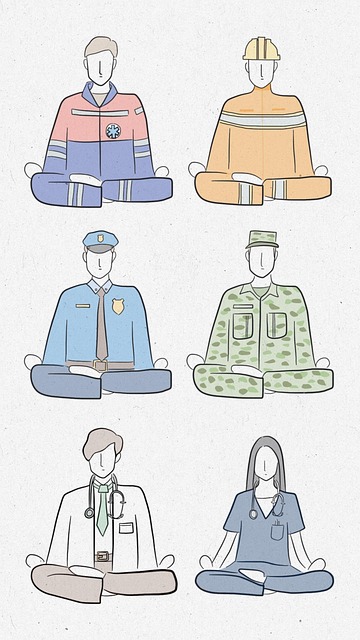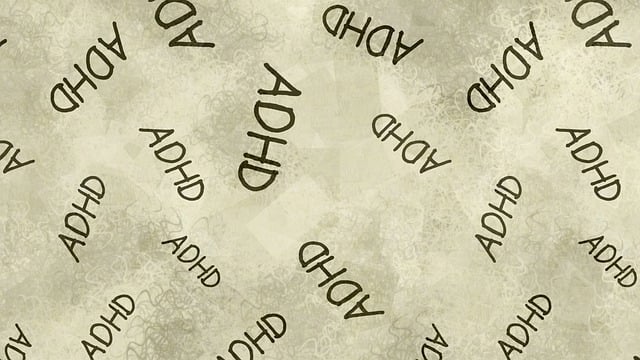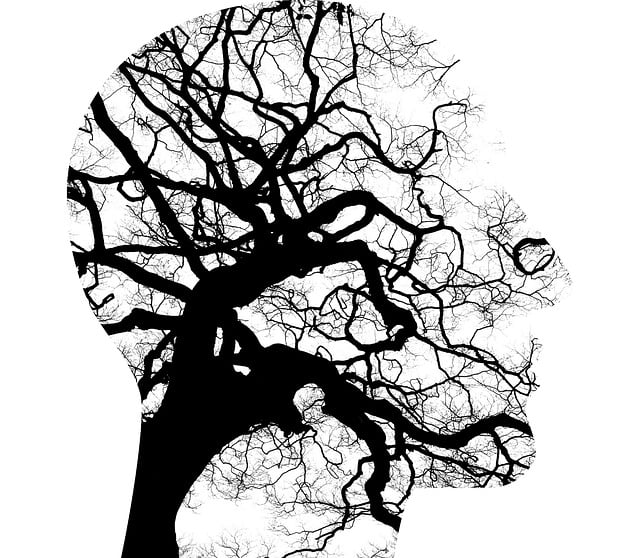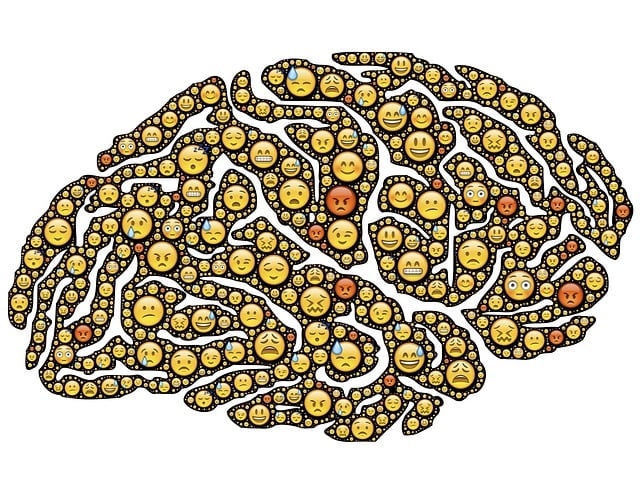Arvada Abuse Survivors Therapy focuses on providing culturally sensitive mental healthcare to address unique challenges faced by survivors of trauma, abuse, and neglect. This approach involves training therapists in cultural competency to create safe, inclusive environments where clients feel respected and understood. By tailoring interventions using Mind Over Matter principles and integrating Trauma Support Services, therapists empower survivors to open up about their experiences and build resilience, leading to improved therapeutic outcomes.
In the diverse landscape of mental healthcare, cultural sensitivity is a game-changer. This article explores the critical role of understanding and incorporating cultural competence, especially for therapists working with Arvada Abuse Survivors. We delve into the unique challenges faced by this demographic and present strategies to enhance therapeutic outcomes.
By examining these aspects, we aim to highlight how culturally sensitive practices can revolutionize therapy, fostering better connections and more effective support for all clients, particularly those from diverse backgrounds, including Arvada Abuse Survivors.
- Understanding Cultural Sensitivity in Mental Healthcare
- Challenges Faced by Arvada Abuse Survivors: A Unique Perspective
- Strategies for Incorporating Cultural Competence in Therapy
- The Impact of Culturally Sensitive Practice on Client Outcomes
Understanding Cultural Sensitivity in Mental Healthcare

Understanding Cultural Sensitivity in Mental Healthcare involves recognizing and appreciating the diverse cultural backgrounds and beliefs of individuals seeking therapy, particularly those who have experienced Arvada Abuse Survivors Therapy. It means creating a safe, inclusive environment where everyone feels respected and understood. This approach is crucial for effectively addressing mental health concerns, as cultural context plays a significant role in shaping one’s experiences with anxiety, trauma, and overall well-being.
In the realm of mental healthcare, cultural sensitivity goes beyond mere inclusivity; it empowers therapists to utilize Mind Over Matter Principles tailored to each client’s unique needs. By integrating Trauma Support Services, professionals can offer specialized care, ensuring that survivors of traumatic events receive the appropriate Anxiety Relief they deserve. This nuanced understanding fosters a deeper connection between therapist and client, ultimately enhancing treatment outcomes.
Challenges Faced by Arvada Abuse Survivors: A Unique Perspective

Arvada Abuse Survivors face unique challenges when seeking therapy due to the sensitive nature of their experiences. Many survivors may have experienced trauma, abuse, or neglect, which can make traditional mental healthcare settings uncomfortable or intimidating. The process of healing requires a safe and supportive environment, tailored to their individual needs and cultural backgrounds. This is where specialized Arvada Abuse Survivors Therapy becomes crucial.
Survivors often require therapists who understand the complexities of their journeys, including the impact of cultural factors on mental health. Healthcare Provider Cultural Competency Training plays a vital role in equipping professionals with the skills to offer sensitive care. By incorporating self-care practices and addressing cultural sensitivity in mental healthcare practice, therapists can foster an inclusive atmosphere, encouraging survivors to openly discuss their experiences and embark on a path towards healing without additional barriers or challenges.
Strategies for Incorporating Cultural Competence in Therapy

Incorporating cultural competence into therapy is a multifaceted process that requires a deep understanding and appreciation of diverse cultural backgrounds. For professionals working with Arvada Abuse Survivors, this means adapting therapeutic approaches to align with clients’ cultural values, beliefs, and experiences. One effective strategy is empathy building strategies, actively listening and validating clients’ perspectives without judgment. This fosters trust and encourages open communication, which is crucial for establishing a safe space where survivors can process their traumas and build resilience.
Additionally, training in risk management planning for mental health professionals is essential to navigate cultural sensitivities safely and ethically. Understanding cultural responses to stress, trauma, and healing allows therapists to anticipate potential challenges and develop tailored interventions. By integrating these strategies, mental healthcare providers can offer more culturally responsive care, ultimately enhancing the effectiveness of therapy for Arvada Abuse Survivors and promoting positive outcomes.
The Impact of Culturally Sensitive Practice on Client Outcomes

A culturally sensitive approach to mental healthcare has a profound impact on client outcomes, especially for survivors of trauma and abuse in Arvada. By recognizing and respecting an individual’s cultural background, beliefs, and values, therapists create a safe and supportive environment. This fosters trust and encourages clients to explore their experiences and emotions freely, leading to more effective therapy. When mental health professionals embrace diverse cultural perspectives, they can tailor their practices to meet the unique needs of each client.
This tailored care enhances engagement in treatment, improves therapeutic alliance, and ultimately promotes positive outcomes. For example, incorporating culturally relevant interventions or integrating traditional healing practices (in alignment with Mind Over Matter principles) can be empowering for clients from various backgrounds. Additionally, encouraging mental wellness journaling exercises guided by cultural sensitivity can help survivors process their traumas while respecting their personal boundaries. The ability to navigate these nuanced aspects of care, as supported by comprehensive Risk Assessment for Mental Health Professionals resources, is transformative in the lives of Arvada abuse survivors seeking therapy.
Cultural sensitivity in mental healthcare is not just a best practice—it’s essential for providing effective and compassionate care, especially for marginalized communities like Arvada abuse survivors. By understanding unique cultural contexts, therapists can overcome challenges and significantly improve client outcomes. Incorporating culturally competent strategies, such as adaptive therapy techniques and awareness of systemic barriers, ensures that everyone receives support tailored to their needs. This approach is vital in fostering healing and empowerment among diverse populations, including those who have endured trauma in Arvada abuse survivor therapy settings.














